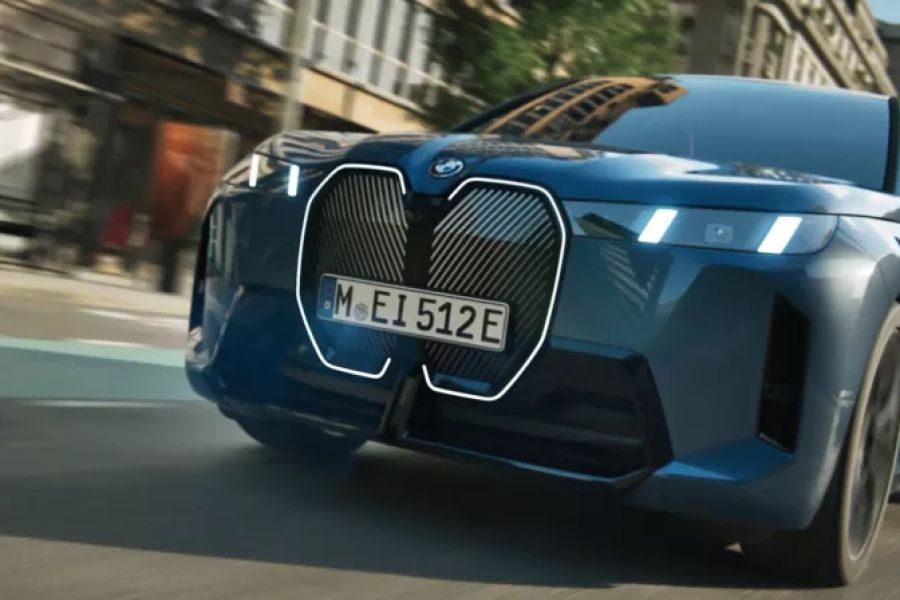With New Zealand's commitment to achieving net-zero carbon emissions by 2050, electric vehicles (EVs) have been heralded as a cornerstone of the country's green agenda. But is the movement as environmentally friendly as it seems? The rise of electric vehicles in New Zealand has sparked a national conversation about sustainability and the future of transportation. While EVs offer a promising alternative to conventional fossil-fuel-powered cars, the complete environmental picture is more complex than it appears. This article delves into the nuances of New Zealand's electric car movement, examining its impact on the economy, environment, and society, while challenging the perception of EVs as a purely green solution.
The Complexity of Green Credentials
Electric vehicles are often celebrated for their zero tailpipe emissions. However, the environmental impact extends beyond just driving. The manufacturing process of EVs, particularly the production of lithium-ion batteries, is energy-intensive and involves significant carbon emissions. According to a report by the Ministry of Business, Innovation and Employment (MBIE), the production of an EV battery can generate as much as 74% more CO2 compared to producing a traditional internal combustion engine vehicle. This statistic underscores the importance of examining the entire lifecycle of EVs when assessing their environmental impact.
New Zealand's Energy Mix: A Double-Edged Sword
New Zealand's clean, green image is partly due to its high proportion of renewable energy, with approximately 83% of electricity generated from renewable sources in 2022, according to Stats NZ. However, as the demand for electricity grows with the increasing adoption of EVs, there is a risk that non-renewable sources may be used to fill the gap, potentially offsetting the environmental benefits of EVs. The Reserve Bank of New Zealand warns that without significant investments in renewable infrastructure, the country may struggle to maintain its renewable energy dominance, leading to higher reliance on fossil fuels.
Case Study: Tesla's Impact in New Zealand
Problem: Tesla, a leading EV manufacturer, entered the New Zealand market with the promise of sustainable transportation. However, the company faced challenges regarding the sustainability of its supply chain and battery production.
Action: Tesla invested in solar energy solutions and sustainable battery recycling programs to offset the environmental impact of its vehicles. They partnered with local renewable energy companies to enhance their sustainability efforts.
Result: As a result, Tesla reported a 30% reduction in the carbon footprint of its vehicles in New Zealand over three years. The collaboration with local energy providers boosted their brand reputation and consumer trust.
Takeaway: This case study highlights the importance of integrating sustainable practices across the entire supply chain. New Zealand businesses can leverage local partnerships to enhance their sustainability credentials.
Economic Implications of the EV Movement
The transition to electric vehicles presents both opportunities and challenges for New Zealand's economy. On one hand, the EV market is expected to create jobs in manufacturing, renewable energy, and charging infrastructure development. On the other hand, the shift poses a threat to traditional automotive industries and may lead to job losses in sectors reliant on fossil fuels.
Pros and Cons of the Electric Vehicle Industry
Pros:
- Job Creation: The EV sector is poised to generate new employment opportunities in technology, engineering, and renewable energy sectors.
- Energy Independence: By reducing reliance on imported fuels, New Zealand can enhance its energy security and economic resilience.
- Increased Sustainability: EVs contribute to reduced emissions, supporting the country's climate goals.
Cons:
- Economic Disruption: Traditional automotive and fuel industries may face significant job losses.
- Infrastructure Costs: Developing a nationwide charging infrastructure requires substantial investment.
- Environmental Concerns: The production and disposal of EV batteries pose environmental challenges.
Debunking Common Myths
Despite the positive narratives surrounding EVs, several misconceptions persist. Let's debunk some of these myths:
Myth: EVs are completely emission-free.
Reality: While EVs have zero tailpipe emissions, their production and electricity consumption can still generate emissions, particularly in countries with less renewable energy.
Myth: EVs are cheaper in the long run.
Reality: Although EVs have lower running costs, their higher upfront price and potential battery replacement costs can offset savings.
Myth: All EV batteries are recyclable.
Reality: While battery recycling is possible, it is often costly and not all components can be reused, leading to environmental waste.
The Future of Electric Vehicles in New Zealand
Looking ahead, New Zealand's EV movement is poised for growth, driven by technological advancements and government incentives. The government’s Clean Car Discount scheme, which offers rebates for low-emission vehicles, is set to accelerate adoption. However, to ensure sustainability, New Zealand must invest in renewable energy infrastructure and promote battery recycling programs. A report from Deloitte predicts that by 2030, EVs could make up 40% of New Zealand's vehicle fleet, provided these conditions are met.
Conclusion
While New Zealand's electric car movement presents a promising step towards sustainability, it is not without its challenges and complexities. The environmental and economic implications of EVs require careful consideration and strategic planning. By addressing the full lifecycle impact of EVs and investing in renewable energy and infrastructure, New Zealand can lead by example in the global transition to sustainable transportation. As we move forward, it is crucial for policymakers, businesses, and consumers to collaborate in creating a truly green and sustainable future.
People Also Ask (FAQ)
- How does the electric car movement impact New Zealand’s economy?It creates jobs in renewable energy and tech sectors but challenges automotive industries. Energy independence and sustainability are key economic benefits.
- What are the biggest misconceptions about electric vehicles?A common myth is that EVs are emission-free. Production and electricity use generate emissions, especially with non-renewable sources.
- What are the best strategies for implementing electric vehicles in New Zealand?Investing in renewable energy and infrastructure, promoting battery recycling, and leveraging government incentives are effective strategies.
Related Search Queries
- Electric vehicle adoption in New Zealand
- Environmental impact of electric cars
- New Zealand renewable energy and EVs
- Challenges of electric vehicles in NZ
- Future of transportation in New Zealand































